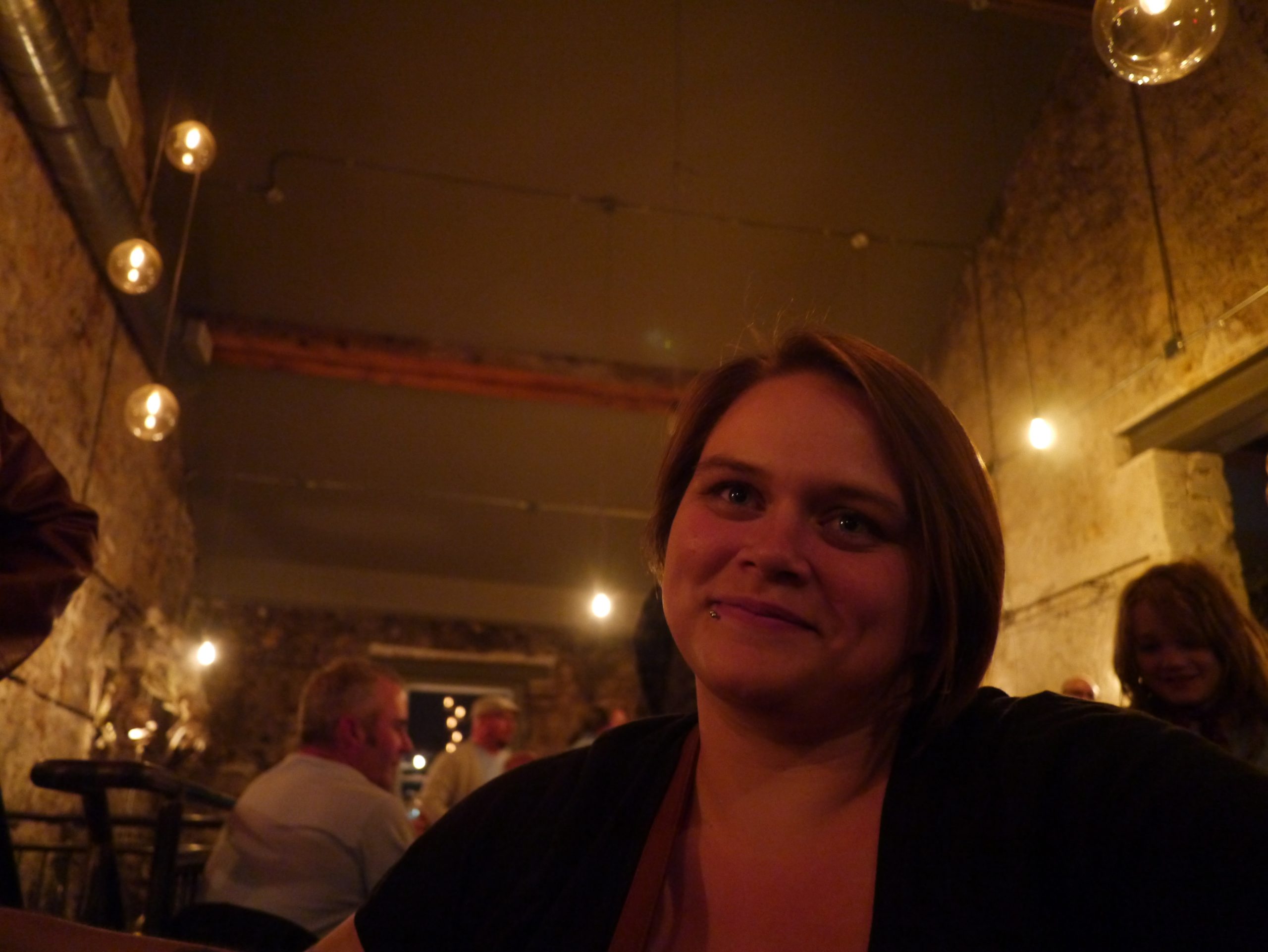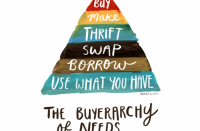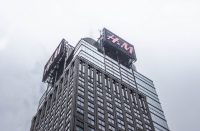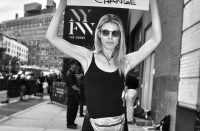“Education is the kindling of a flame, not the filling of a vessel.” – Socrates
“Education is the kindling of a flame, not the filling of a vessel.” – Socrates
Education and learning are intrinsic parts of the human experience. In our earliest days, learning (and to a lesser degree, formalized education) were more organic efforts. They were task-based and primarily focused on internalizing the lessons from previous generations, which would then allow us as individuals to survive the never-ending threats to our existence.
In the 18th century, the Enlightenment changed the world and how we educated our children and ourselves. From Newtonian physics to Adam Smith’s invisible hand – and from Rousseau’s social contract to Descartes’ rationalism – Western society gained and built a better understanding of the world. And this improved the ways that humans could manipulate the world.
The benefits of these new approaches to learning, thinking, and living, seemed undeniable. The Enlightenment laid the foundation of modern Western intellectual culture and along with that came the freedom, liberty and tolerance that we cherish today. We continue to reap the benefits of the Enlightenment. We believe education is a right, we applaud multiculturalism, and we uphold the rights of individuals above most other things.
But these wonderful characteristics of modern society come at a cost. In this issue, Steve Quilley argues that while education may be a fundamental right, it has also become a system that reinforces the goals of economic growth. Formalized education has, in many ways, come to replicate the machinery of industrialization. In effect, students become inputs in a process that outputs workers who can plug into societal and industrial roles. How can we fan the flame of inspiration while also stoking the engines of societal development?
We want our children to think critically but also to succeed in the workforce. We want science, but we also crave deep meaning in our lives. Environmentalists feel this struggle constantly – we recognize the wonders of our modern world while being dreadfully aware of the biophysical impacts of our lifestyles. This issue explores ways that we can bring the power and beauty of pre-modern thought back into our rationalized modern world. The articles work through this tension and duality of purpose.
Mr. Green Teacher himself, Tim Grant, builds on Quilley. He shows how educators are breaking away from the systems spawned by the Industrial Revolution, to establish new paradigms that will nurture collaborative problem-solving. Our 13th Annual Environmental Education Directory and accompanying “Stories of Excellence” demonstrate education’s leading role in helping the next generation to repair the damage that past generations have caused on this planet.
The fashion section includes such topics as the grassroots Fibreshed movement and corporate stakeholders embracing the circular textile economy. We are honoured to share the art and stories from Kent Monkman (see cover and Quilley) and the Singh Twins (Quilley and fashion). All use art to reclaim a cultural past that was too long ignored and erased. Truths bubble up. Misconceptions are corrected. The past is tied to the present in each painting.
Education and learning – formal or otherwise – will feed positive transformation. Enjoy this issue!

Leah Gerber has always been pretty nosy. Sometimes she still has trouble distinguishing between being curious and being rude. She loves exploring Canada’s nooks and crannies, especially on a bicycle. Her goal is to tell stories, visually and with words, that inspire change in our world, even just a little.












